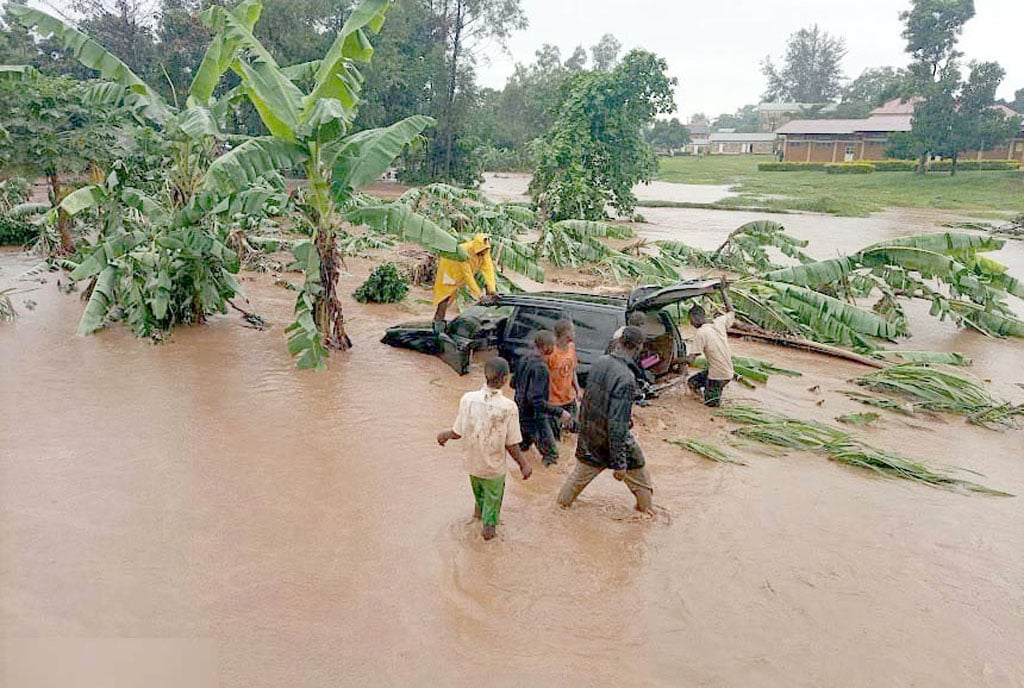Prime
Conserve environment to enhance resilience of communities

Several parts of Uganda suffer from floods during rainy seasons.
What you need to know:
- The government should also deepen the integration of climate change and natural resources management in its budgets,
Uganda’s environment and natural resources play a vital role in the sustainable development of the country. They not only provide water for both domestic use and industrial production, but also energy for the majority of the population, raw materials for the industries and employment opportunities.
The environment and natural resources support food security and are sources of livelihood for many communities. However, the sector is faced with challenges that inhibit it from effectively contributing to this sustainable development and enhance community resilience to climate change shocks.
According to the 2019 Water and Environment Sector Performance Report Uganda lost a large stock of its natural resources. For instance, the forest cover reduced from 24 percent in 1990 to 12.4 percent in 2015, implying an average annual loss of natural forest of 2 percent per annum.
In 1994, wetland coverage on the surface area of Uganda was 15.6 percent. However, over time this has been gradually reducing and now is currently at 8.9 percent.
Climate change shocks are already impacting all parts of the country. For instance the landslides in Bududa and Bundibugyo, floods in Kasese and the rising water levels of Lake Victoria that have left many communities devastated and vulnerable to hunger. Furthermore, these disasters have negatively impacted women and other vulnerable groups. It’s noted that the destruction and degradation of the environment and natural resources like forests and wetlands has also greatly contributed to the climate change crisis.
According to the climate change impact assessment report by the Ministry of Water and Environment, it is estimated that damages due to climate change in the agriculture, water, infrastructure and energy sectors will collectively amount to 2-4 percent of GDP between 2010 and 2050.
It is noted that women play a critical role in the management of natural resources since they are primary providers of food, water and fuel for their families. Many women are vulnerable to the vagaries of climate change in many parts of Uganda.
Therefore it’s important to increase their participation in decision making over management of environment and natural resources by promoting their access, ownership and utilisation of resources.
In conclusion I call on the Ministry of Finance, Planning and Economic Development through the NPA, to ensure that environment and climate change issues are integrated in national and district development plans, national programmes, projects and budgets. It should also expedite the development and operationalisation of the climate change budget Tagging tool to support the mainstreaming of climate change in public financial management.
The government should also deepen the integration of climate change and natural resources management in its budgets, plans and programmes and provide adequate financial resources to the environment natural resources sector.
Vulnerable communities should also be supported to adapt to climate change and strengthen their resilience.
Mercy Nuwamanya, [email protected]




